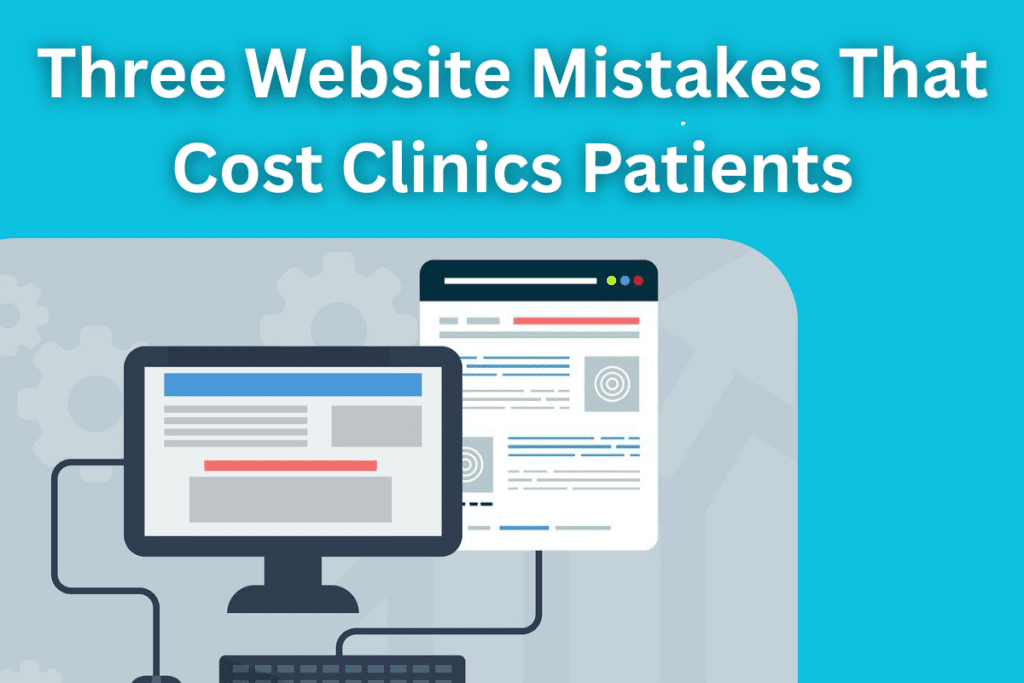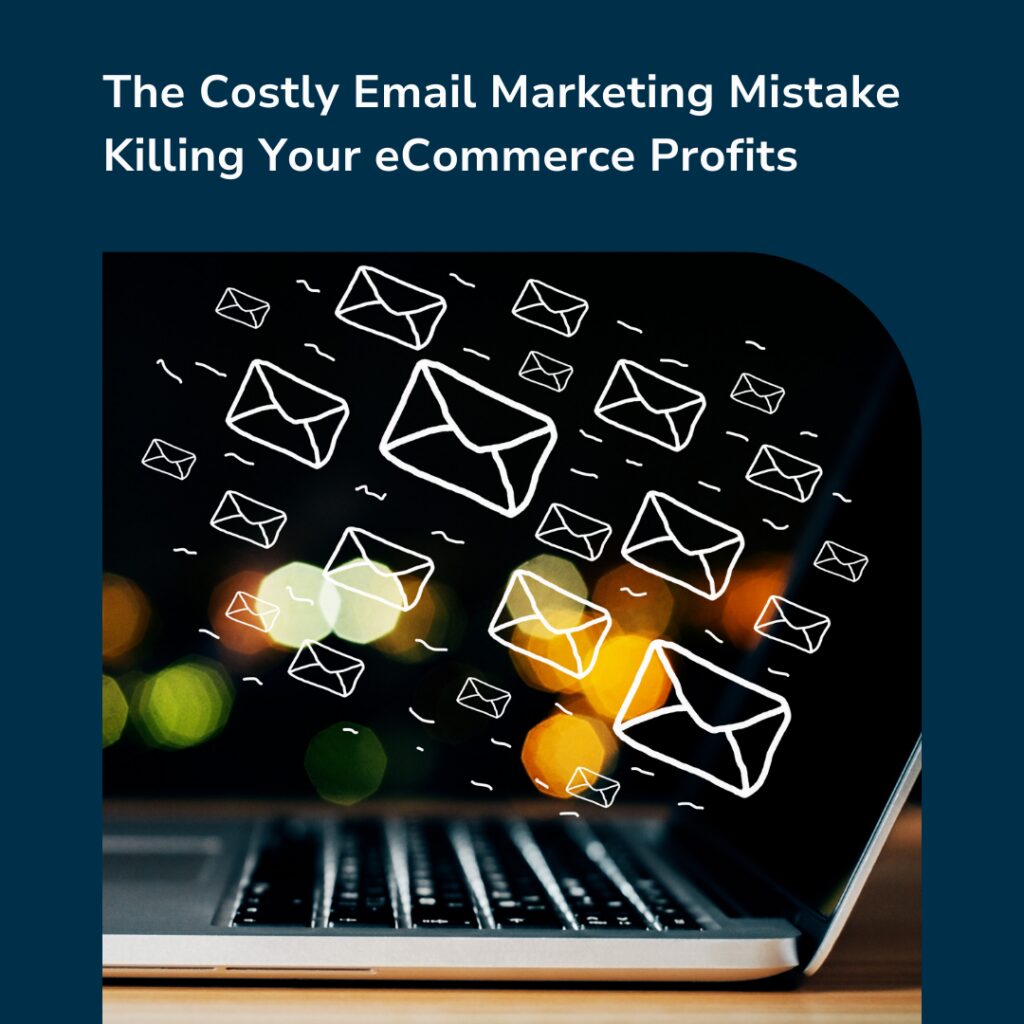In the business world, data is the currency that fuels effective decision-making across various industries, with the marketing field, in particular, witnessing a transformative shift towards data-driven strategies.
However, as the reliance on data continues to grow, a critical challenge has emerged – the data analysis gap. This gap, characterised by a shortage of skilled professionals who can adeptly navigate and interpret complex data sets, poses significant hurdles for the marketing industry.
This article delves further into the essence of the data analysis gap within marketing, its underlying causes, consequences, and the strategies required to bridge this divide.
The Rise of Data-Driven Marketing
Over the past decade, the landscape of marketing has undergone a profound transformation, driven by the integration of data-driven strategies. Data has become the guiding star, illuminating the path toward more effective, precise, and customer-centric strategies.
Furthermore, the emergence of data-driven marketing has reshaped the industry’s landscape, allowing businesses to navigate the complexities of consumer behaviour, preferences, and trends with unprecedented accuracy. What’s more, with the availability of vast amounts of customer data, it marks a pivotal turning point in marketing.
From the moment a user clicks on a website, interacts with a social media post, or completes a purchase, data is generated. These digital footprints provide marketers with an unprecedented level of insight into consumer behaviour, preferences, and patterns, enabling the creation of highly targeted campaigns, personalised user experiences, and strategies that can be optimised in real time.
However, the industry grapples with a glaring skills gap in data analysis, which is essential for extracting actionable insights from the data deluge. Addressing this gap through education, upskilling, collaboration, and awareness will be crucial in ensuring that marketers possess the skills required to navigate the complex data landscape and fully harness the power of data-driven marketing.
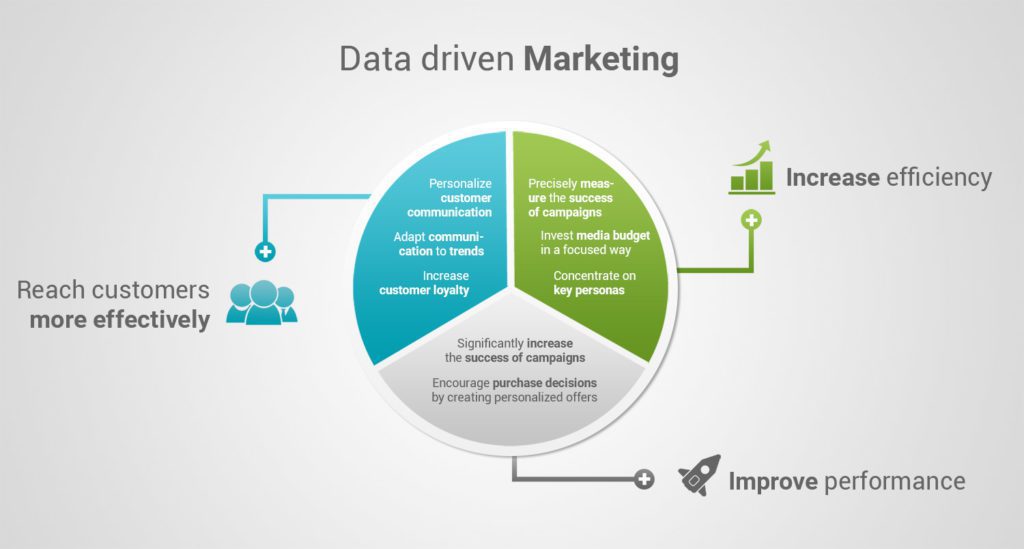
The Data Analysis Gap: A Deeper Look
The data analysis gap within the marketing industry encompasses a range of multifaceted challenges that underscore the urgency of bridging this divide:
Shortage of Skilled Professionals: The most glaring aspect of the data analysis gap is the scarcity of professionals with strong data analysis skills within the marketing field. While many marketers possess basic data literacy, the ability to dive deep into datasets, extract actionable insights, and translate them into effective strategies is in short supply.
Rapidly Evolving Landscape: The digital landscape evolves rapidly, introducing new tools, technologies, and data sources. This dynamic environment demands marketers who can not only handle data but also adapt to new tools and trends seamlessly.
Interdisciplinary Skill Set: Effective data analysis in marketing requires a blend of skills from statistics, analytics, psychology, and business strategy. The ideal data-savvy marketer must be able to not only interpret numbers but also understand the human behaviours that drive them.
Causes of the Data Analysis Gap
The data analysis gap within the marketing industry is rooted in a constellation of interconnected factors that collectively contribute to its existence:
Educational Disparities: Traditional marketing education often lacks comprehensive training in data analysis. Many marketers graduate with a creative focus and a dearth of analytical skills required for the modern marketing landscape.
Pace of Technological Advancement: The rapid pace of technological innovation means that academic curricula struggle to keep up with the evolving requirements of the industry.
Lack of Awareness: Many marketing professionals might be unaware of the extent to which data analysis can transform their strategies. As a result, they might not actively seek out opportunities for skill development.
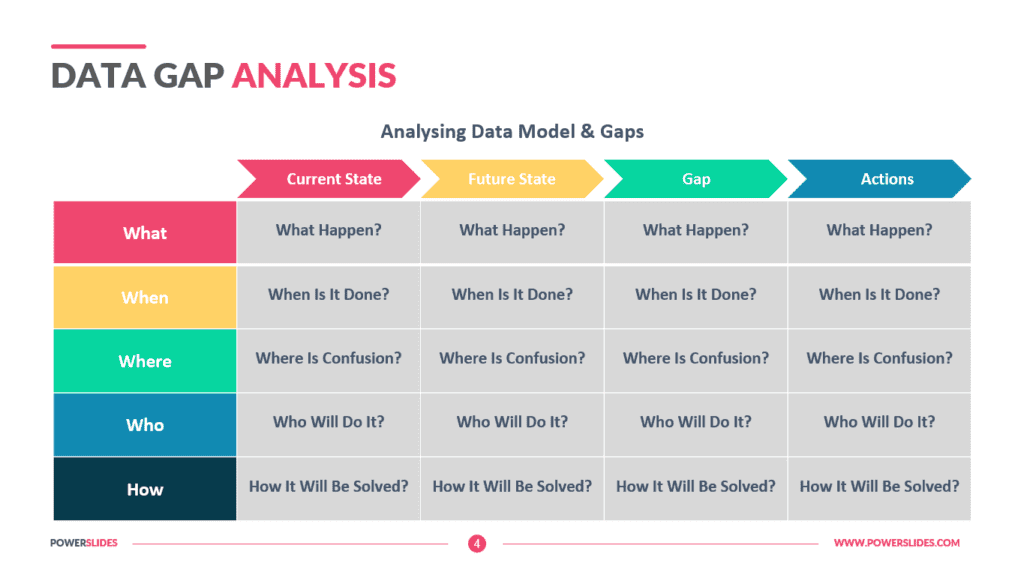
Consequences of the Gap
The ramifications of the data analysis gap within the marketing industry are far-reaching and touch upon multiple dimensions that impact business performance, strategic decision-making, and innovation:
Missed Opportunities: Failing to effectively analyse data leads to missed opportunities for personalised marketing, customer segmentation, and tailored campaigns, resulting in lower ROI and diminished competitiveness.
Inaccurate Decision-Making: Poor data analysis can lead to inaccurate insights, causing marketers to base decisions on flawed information, which can have a cascading effect on overall strategies.
Reduced Innovation: In an era where innovation is a key driver of success, a lack of data analysis skills stifles creative problem-solving and inhibits the development of groundbreaking marketing strategies.
Bridging the Gap: Strategies for Change
Addressing the data analysis gap within the marketing industry requires a concerted effort from various stakeholders to reshape the landscape and equip professionals with the skills they need to thrive in a data-driven world. Here are strategies that can pave the way for transformative change:
Education Overhaul: Educational institutions must revamp their marketing curricula to incorporate data analysis as a core skill. Hands-on experience with data tools, real-world case studies, and industry partnerships can bridge the educational gap.
Continuous Learning: Marketers must recognise the imperative of ongoing learning. Attending workshops, online courses, and certifications in data analysis can equip professionals with the necessary skills.
Cross-Functional Collaboration: Building interdisciplinary teams that bring together data analysts, marketers, and creatives can foster a culture of knowledge sharing, enabling marketers to tap into data expertise.
Mentorship and Peer Learning: Seasoned data analysts and marketers can play a crucial role in mentoring junior professionals, guiding them through the nuances of data analysis.
Tools and Automation: While the mastery of data analysis is essential, automation tools and platforms can aid marketers in processing and interpreting data efficiently.
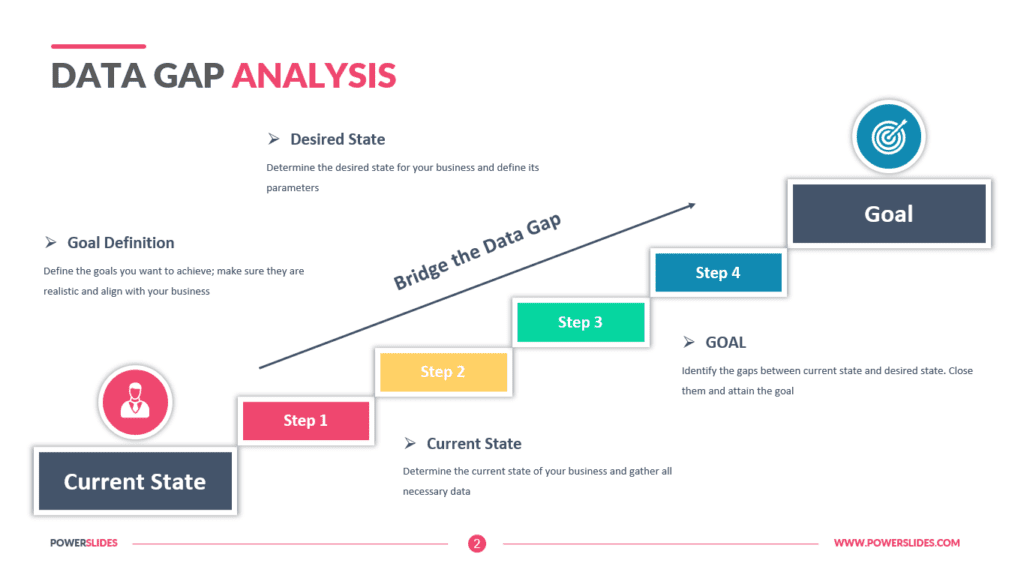
The Way Forward: Transforming Marketers into Data-Driven Experts
The data analysis gap within the marketing industry is a challenge that demands collective action from educational institutions, marketers, and industry leaders.
As data continues to drive marketing strategies, bridging this gap is not just a choice but a necessity.
By equipping marketers with robust data analysis skills, the industry can unlock the full potential of data-driven marketing and foster innovation, relevance, and growth.
Conclusion
The data analysis gap is the biggest skills gap facing the marketing industry today. While data-driven strategies hold immense promise, the lack of skilled professionals who can translate data into actionable insights hampers progress.
As marketing continues to evolve, addressing this gap becomes imperative. By embracing lifelong learning, advocating for educational reforms, and fostering cross-disciplinary collaboration, the marketing industry can pave the way for a new generation of data-savvy marketers who can navigate the complex data landscape with confidence and ingenuity.
Therefore, the future of marketing depends on bridging this gap and leveraging the power of data to drive success.




